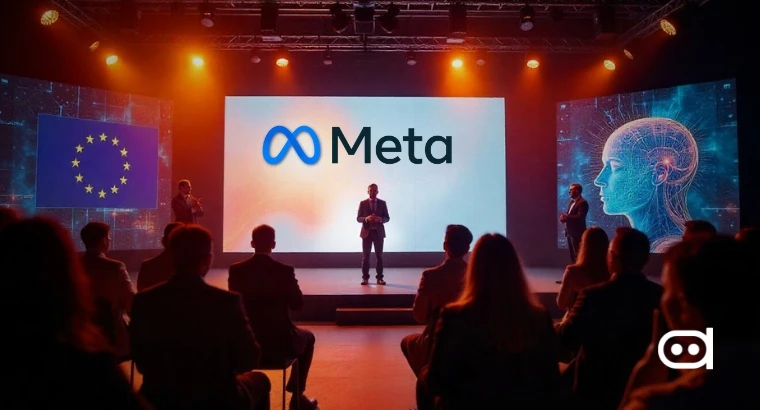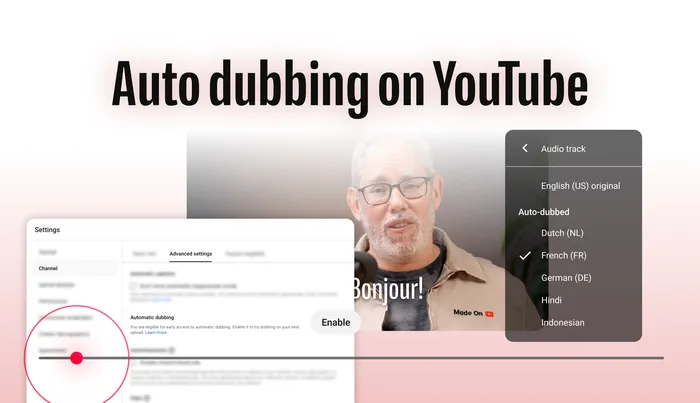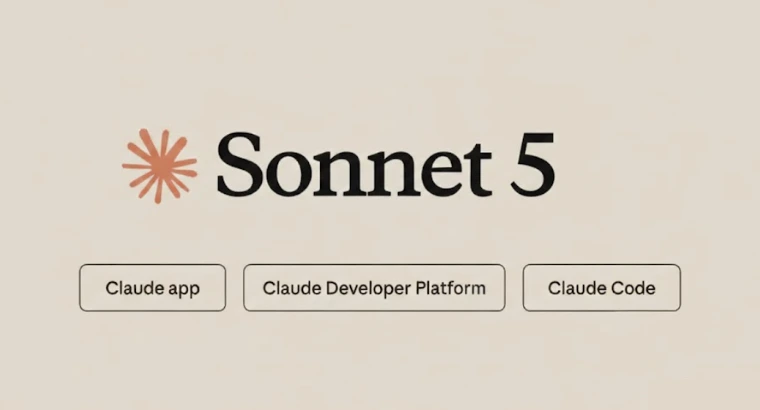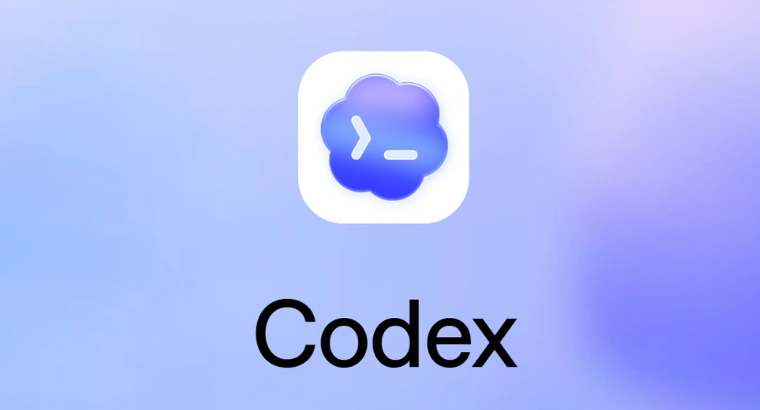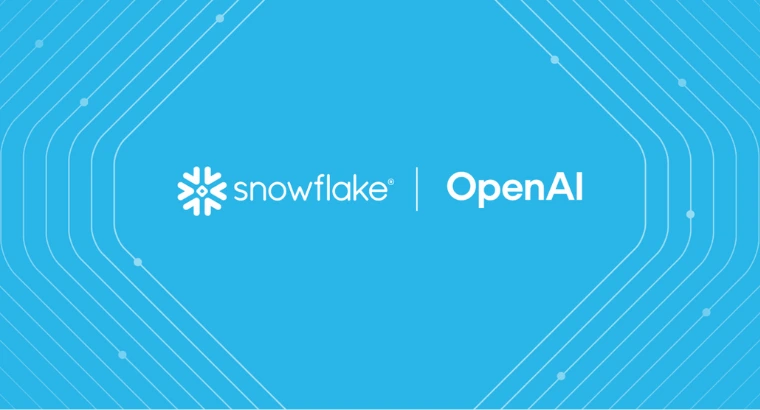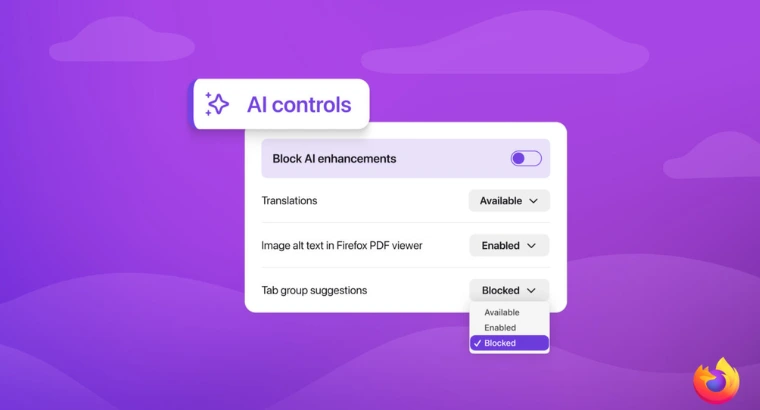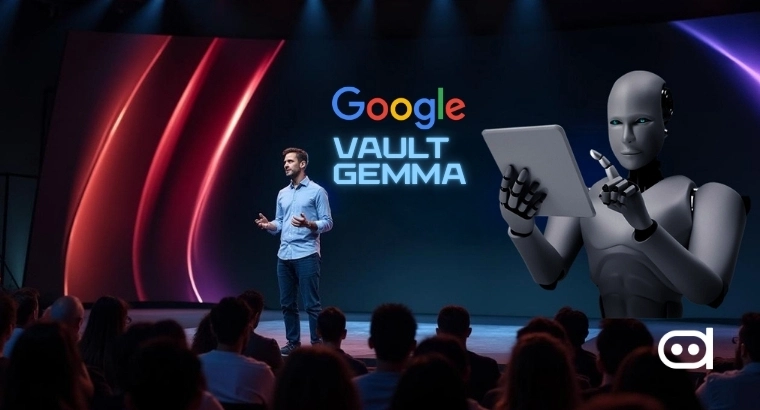
Key Highlights –
- VaultGemma is by far the largest open model (1 billion parameters) to have been fully trained via differential privacy from scratch.
- No empirical evidence of training data memorization could be found, unlike for conventional models.
- New “DP Scaling Laws” offer exact prescriptions for trading-off privacy, compute, and model performance.
- Full model weights and methodology have been released on Hugging Face and Kaggle for the community to pursue further research.
Google Research and DeepMind have announced VaultGemma, a cutting-edge 1-billion-parameter language model that stands as the largest open-weight AI model ever trained from scratch with differential privacy.
Addressing AI’s privacy crisis
Large language models have a crucial vulnerability: memorization attacks to extract sensitive objectives. Some studies revealed that verbatim training data can appear in outputs, especially in open-weight releases. VaultGemma directly aims to avert this through mathematical assurances that forbid a single training example from exerting much influence on the model. While approaches apply differential privacy at fine-tuning, VaultGemma applies this from ground zero protection through complete private pretraining.
You may also like to read: FTC orders Google, OpenAI, Meta to report on AI chatbot safety for children & teens
Technical Architecture
Built upon Google’s Gemma 2 architecture, VaultGemma includes:
- 1 billion parameters and 26 layers
- Multi-Query Attention with 1024-token span
- GeGLU activations and RMSNorm design
- A SentencePiece tokenizer with a 256K vocabulary
- Sequence length is reduced to 1024 tokens for computational efficiency
Having been trained on a selection of approximately 13 trillion tokens, a procedure similar to Gemma 2, heavy filtering occurred to weed out unsafe content and personal information.
Revolutionary DP Scaling Laws
VaultGemma’s development breakthrough came from establishing “DP Scaling Laws” modeling complex interactions between compute budget, privacy budget, and utility. Key insights revealed:
- Increasing privacy budget alone yields diminishing returns unless coupled with compute/data increases
- DP training requires smaller models with significantly larger batch sizes than traditional training
- The “noise-batch ratio” primarily determines performance under DP constraints
Using these laws to allocate resources accurately and optimally set training configurations was possible.
Advanced Training Implementation
VaultGemma trained under DP-SGD, innovating vectorized per-example clipping, gradient accumulation, and scalable DP-SGD methods. Training happened on a cluster of TPUv6e chips of size 2048, using batches of 518k tokens over 100k iterations, with a formal DP guarantee of (ε ≤ 2.0, δ ≤ 1.1e-10).
Final training loss equaled scaling law predictions, thereby validating the theory.
Performance Results
VaultGemma shows substantial utility with privacy on academic benchmarks:
- ARC-C: 26.45 (vs. 38.31 for non-private Gemma-3 1B)
- PIQA: 68.0 (comparable to GPT-2 1.5B’s 70.51)
- TriviaQA: 11.24 (vs. 39.75 for Gemma-3 1B)
Although underperforming when compared with non-private models of similar sizes, VaultGemma’s abilities are on par with non-private models trained approximately five years ago, thus establishing a proof-of-concept that training can produce useful models with privacy filtering.
Privacy Validation
Critical testing affirmed VaultGemma guarantees. When given 50 token prefixes from training documents, the model exhibited zero detectable memorization of suffixes; it did not reproduce an exact suffix, nor could it memorize an approximate suffix. In stark contrast, the established practice among standard models is to reproduce training data quite readily.
Future Impact
Google’s VaultGemma open release aims to accelerate research in privacy-preserving AI. While there exists a utility gap between the DP-trained and the conventional models, it is felt that with systematic improvements in the mechanism design for DP, one can close this gap.
How do you train LLMs without them memorizing sensitive data? Differential Privacy is key, but there are complex trade-offs in performance & cost. Our new research sets the bar for large-scale DP LLM pre-training. Learn scaling laws, key findings, & more. https://t.co/gNT6u9cokR
— Google AI Developers (@googleaidevs) September 12, 2025
The release demonstrates that large-scale language models can stand rigorous privacy guarantees and remain practical, thus setting new standards in the responsible development of AI and providing a validated working avenue for the next generation of inherently safe privacy-preserving models.
In other recent headlines, Google also made news as Gemini topped Apple App Store charts, primarily due to the viral Nano Banana model trend.
